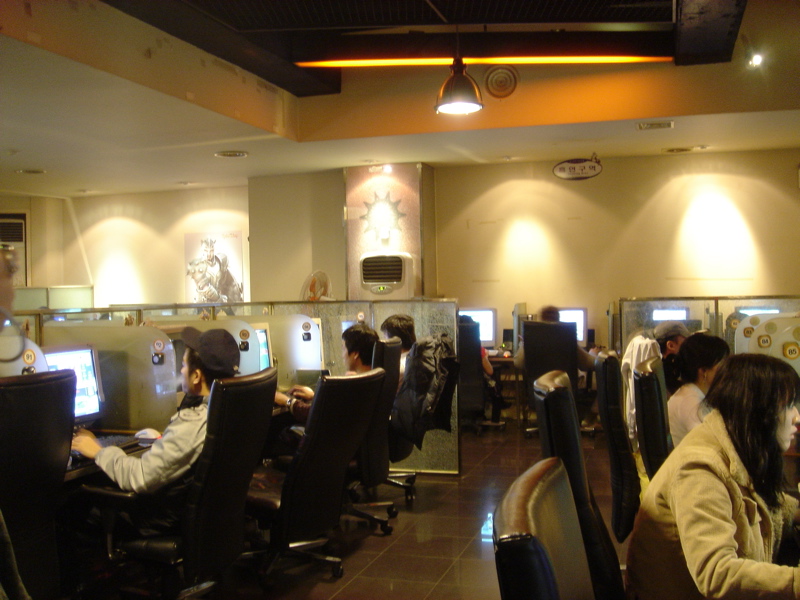The Peninsula
Calls to Ban Anonymous Online Comments Contradict Court Precedent

This briefing comes from Korea View, a weekly newsletter published by the Korea Economic Institute. Korea View aims to cover developments that reveal trends on the Korean Peninsula but receive little attention in the United States. If you would like to sign up, please find the online form here.
What Happened
- K-pop singer and actress Sulli committed suicide after being subjected to prolonged online bullying.
- After the singer’s death, 7 out of 10 South Koreans supported the use of real names when making comments on websites and other online platforms.
Implications: The public’s demand for the abolition of anonymous online comments contradicts the Constitutional Court, which sees online platform’s enforcement of real names as a violation of free speech. Meanwhile, cases involving online rhetoric has also become a growing issue for the Ministry of Justice. Online defamation cases doubled between 2014 and 2018. These developments suggest that the government may push for measures that ensure greater individual accountability in online speech – but would need to take on a case that would overturn existing precedents.
Context: In 2007, the government introduced the real-name identification system for around 150 popular websites including news media. The following year, the ruling party tried to regulate the internet by punishing online slanders after Korean actress Choi Jin Sil committed suicide after being bullied online. However, the bill did not become law because many lawmakers were concerned that the government may infringe on people’s right to free speech. In 2018, the Constitutional Court backed this position and reiterated that anonymous online comments are protected under the South Korean constitution.
Korea View was edited by Yong Kwon with the help of Soojin Hwang, Hyoshin Kim, and Rachel Kirsch.
Picture from user Rob Fahey on flickr
